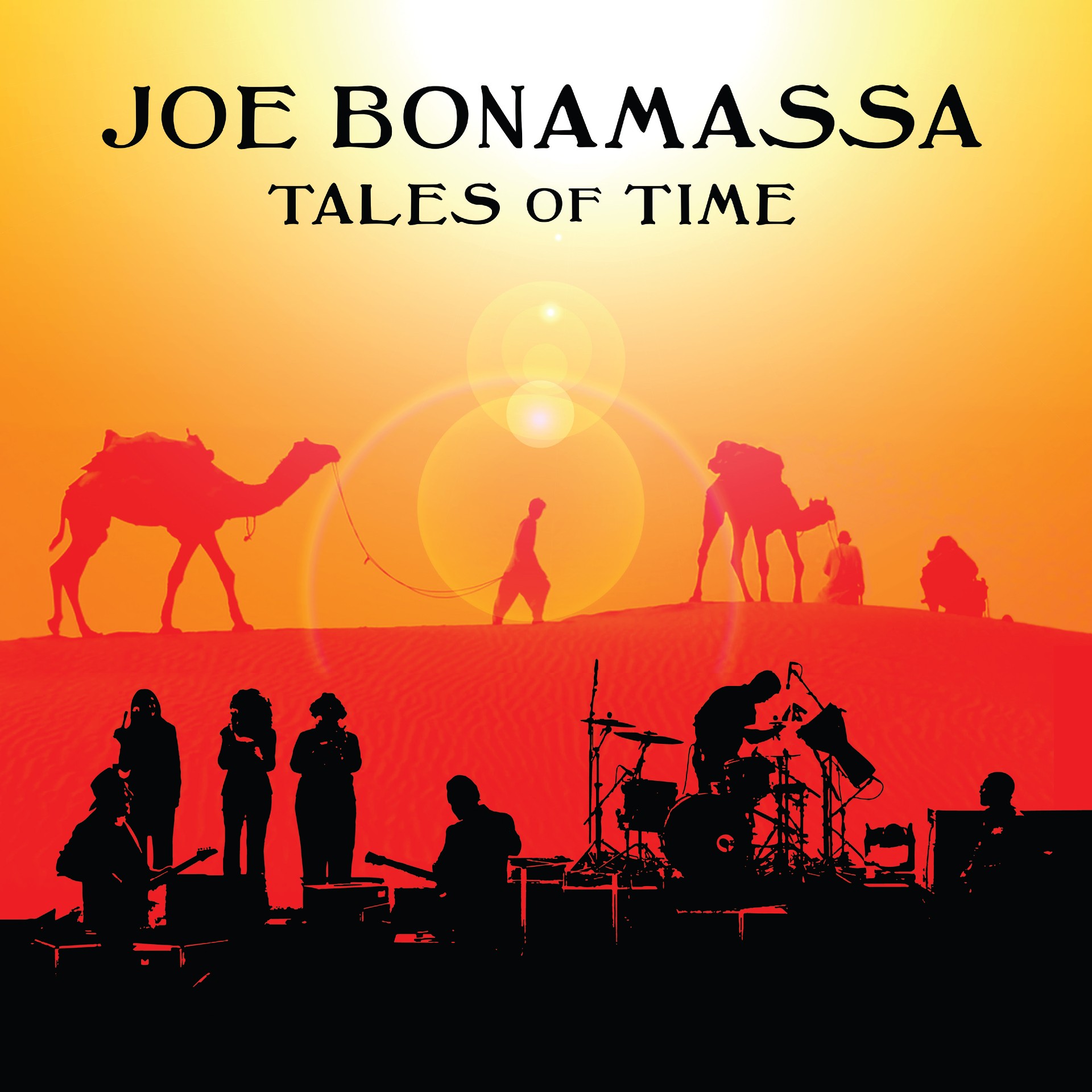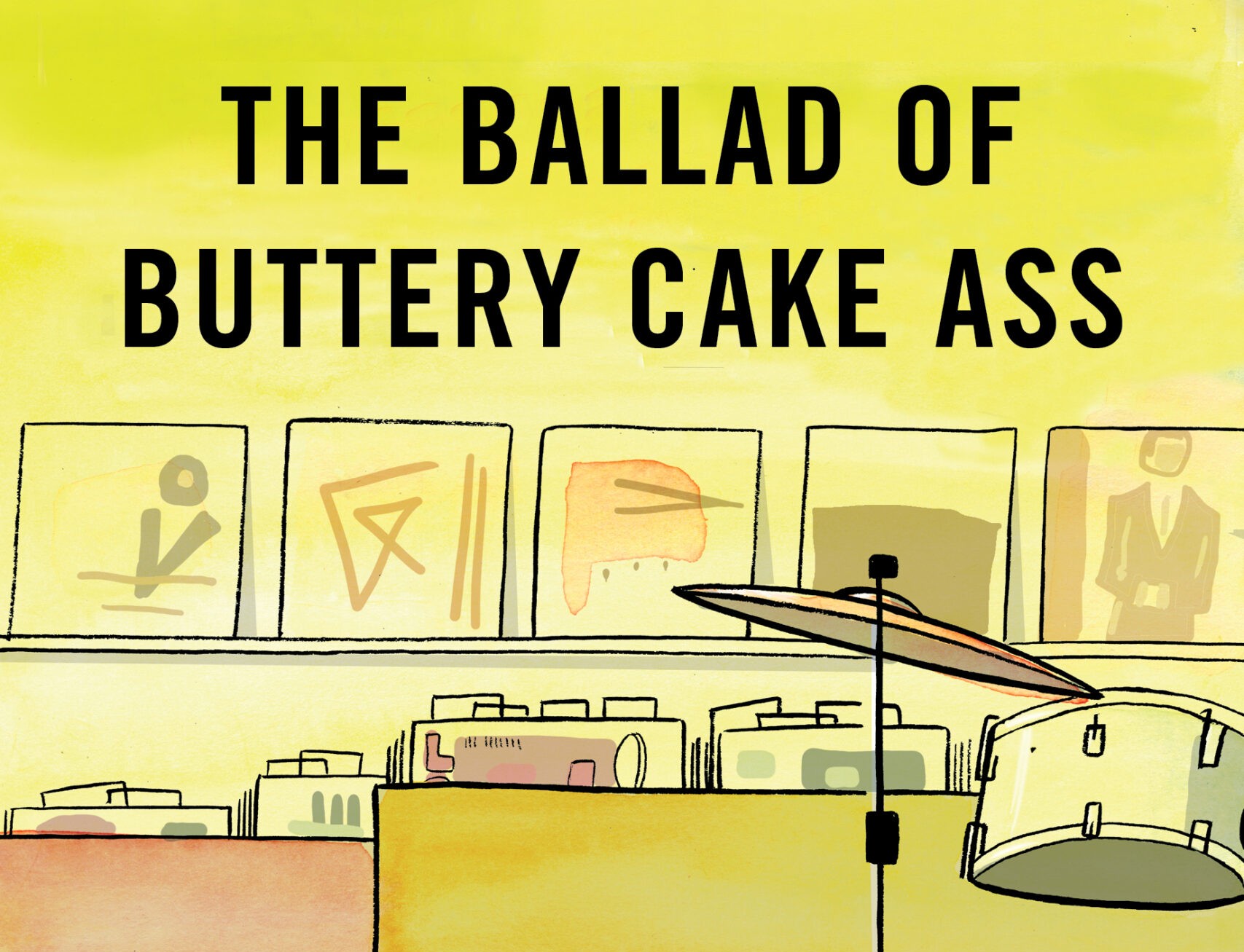Culture
Violent Expression – Banish The Illiterate Lexicon of Lackadaisical Life

Hey Fuckers.
Welcome to Violent Expression – a column that dissects and discusses the need for us to s(l)ay what we mean and mean what we s(l)ay. Nothing is sacred when everything is hyperbolic argot used to present words rather than utilise them. But that’s only the first layer I’m flaying from the corpse of corpus linguistic. Sure, I’ll call you a cunt because I really mean I’m a cunt, or we’re all cunts. But truly, I’m a fucking good, nice, kind person who cares about people. And truly, I’m a cynical bastard who thinks Thanos is a pussy for needing the infinity stones to set the universe right – Give me the gauntlet alone and you’ll see the morose men of this world reduced to a pulpy sauce incapable of casting poverty, class disparity, bigotry, greed, infantile idiocy and mediocre masculinity anymore.
I’m a hopeful idealist merged with a cynical pragmatist. I’m Don and Sancho (and probably a bit of Rocinante for my extreme working-class roots). And one way or the other, I want Violent Expression to become our new lingua franca. After meditating on what we want, need, desire and detest, we can then convey our hopes and hates in articulate shadows way more interesting than the blinding lights of toxic fandom, ultra-Right idiocy, Ultra-left righteousness, political, religious, social rhetoric and the sobering reality that this is our reality, this is where we got to having been chaotically gifted a living world capable of sustaining our god complex. I believe that doesn’t have to be the case. I believe in words, in communication and the community that can come with it. I believe in violent expression.
The following is a piece I wrote for Experimental Writing (pfft, there was no LCD, weed, road trips, sexy sojourns or lab coats!), a third-year module of my Creative & Professional Writing course. I masked my manifesto for Violent Expression in the task of compiling a make-believe anthology of Experimental Writing. I was thinking of editing it to remove those academic allusions but it’s a better piece for my honest disdain toward academia, and its restrictions on creativity, originality and organic thought processes.
An Anthology of Violent Expression: Are YOU… Experimental?
This one is mostly phallic. Sorry. The next might be more vaginal. Sorry. The one after will be written from our extra-terrestrial exterminators who simply removed all their kindly plugs from the Ozone – which was to give us more time to save ourselves – when all we did was fuck more holes into the atmosphere and cum on their lamenting faces. The one after will be a Brexit allegory. Then, maybe, after rebirth and evolution have nurtured a new us, we might have an anthology truly unbiased and wholly equal. That isn’t to say a split between genders, sexes, races, sexuality or any other way of labelling ourselves, but one simply full of the greatest satirical writing the posthumans are capable of no matter what they look or feel like. If they need satire, of course.
Contents:
- An Introduction to an Anthology of Violent Expression by This guy
- Watchmen Chapter IV by Alan Moore
- Fight Club Chapter 17 by Chuck Palahniuk
- Don Quixote Chapter XLVII by Miguel Cervantes
- The American Night – Poems from The Village Reading by Jim Morrison
- A Room of One’s Own Chapter 3 by Virginia Woolf
- Generation of Swine – Various essays and letters starting with ‘The Pro Flogging View’ by Hunter S. Thompson
- Slaughterhouse 5 Chapter 1 by Kurt Vonnegut
- Breakfast of Champions Chapter 10 by Kurt Vonnegut
An Introduction to an Anthology of Violent Expression
What is an experiment? An experiment, what is it? What’s a rule? What’s a revolutionary? What’s an artist? What is integrity? What’s a question mark? What is a what? That is the question?
We ask because we’re curious. Curious as to what we are; animal(?), human(?) irresponsible meat and sauce shaped into a bipedal organism belonging to a hive mind with many pseudonyms: Globalisation, Capitalism, Righteousness, Colonisation, Populism, Fascism, Progress (!). What, etcetera. Curious as to why we are; Voltaire, Freud, Woolf, Watts, Moore, Vonnegut. Why, etcetera. Curious as to who we are; Van Gogh, Frank, Kerouac, Ginsberg, Angelou, Lynch. Who, etcetera? And the subsequent where and when, well, you can extrapolate or project or inquire or refuse. Whatever one, good choice. Choice is important, although the hive mind wants you to think choice is impotent. It’s as erect as an engorged penis, a teased nipple, a spine wrapped in muscle standing in front of what it holds dear.
If I was to raise a dead person, it’d probably be Bill Hicks. Though, if I did come into a wish, or necromancy spell books, I’d probably feel a little guilty. I could raise others, perhaps more significant, well-known figures. But only real ones, of course, as much as I’d like to fuck with folks, raising Jesus would be like trying to summon Kilgore Trout into being; being in front of you that is and not in your mind. The rest of the guilt would be from what Hicks would do in a world where, in spite of having information so readily available, we have never been so fucking stupid. Sure, he’d hold us accountable once more. He’d offend the soft-as-baby-shit and blow whistles on those that detest the sound. But I think he might kill himself too. He was pissed back in the asinine ‘80s. If he didn’t don his duster and blow Trump into dogmeat so poisoned that canines became weredog’s from the agency of orange within the viscera, then he might blow his own brains into the ceiling fan of a green room. Cancer isn’t in people. It is people. But Hick isn’t hate, he’s hope. Hope for seeing the grotesquery we are as to join hands and ride to where we could be. What, who, why? Maybe he had the answer.
… all matter is merely energy condensed to a slower vibration. That we are all one consciousness experiencing itself subjectively. There’s no such thing as death. Life is only a dream. And you are the imagination of yourself.[1]
That was an experiment. A mild one, yes, but I did raise Hicks because you raised Hicks. Whether you adored Goatboy, or had no idea he existed, you summoned him from words. Science informs artistic experimentation. And versa the inherent vices of artists. A marriage. Not always a faithful one. Sometimes there are screaming matches where wooden slats of bedroom doors are punched loose but there are times where they fuck each other into a orgasmic shaking fit whilst staring brain-scan deep into their eyes as they say ‘I love you’, not for the climax, but for the lifelong plot they’ve given you by giving you themselves. Beauty spots and all. Love, etcetera.
Think of violence. Keep it up, stay there with it. Violence.
Bruised wrists. Stinging tears from pink-eyes. A street fight. A movie fight. Serial killers. Screaming so hard at someone you strain your throat. Shards of bone protruding through torn skin. A half-buried dead girl. A leering, laughing man doing as he pleases. Hymen popping like a blown bubble. Wriggling as he hangs. Screeching as she burns. Sticks and stones. Disbelieving headaches like TV static between fifteen minutes of adverts every hour of TV that reflects the worst of you.
These actions are reactions from a violent society. We live in that. Amidst violence. And so, we can only communicate with a lexicon battered by viciousness. Nuance is but the fading cold breath of a starving polar bear with sodden feet. Expression is violence. Violence is expression. And so, we are in a time of Violent Expression. Here’s one I made earlier.
We must speak like we mean to attack. Hyperbole is now normal. Rape, killing, death, bullying, brutality, idiocy, ignorance. Normal. Our sharpest tool is blunted by the battles its waged. And so, to garner attention in art – the universal language – we must provoke in what we invoke. Metafiction, in my words – because this is my introduction to my anthology of experimental writing – is what I just did between the lines. The I is under your spotlight. And so, escapism makes its great escape when the reader is told that they are just that. Cervantes spoke to you, telling you directly how his Knight of the Rueful Countenance was reading the tales of the Knight of the Rueful Countenance, and frankly doesn’t agree with them[2]. This was my first lean against the fourth wall. Since, I have smashed through it and rebuilt it innumerable times. Sometimes into the living room, knocking the TV off its stand and spilling brick dust on your appropriated and paradoxical microwave meal, other times bursting from the bedroom and falling, falling, soaring, falling into the damp streets laden with plastic litter, condoms and a dog carcass. Which brings me back to violent expression and its twin sister, violent technique.
Alan Moore utilises the desensitisation of us, his comic book reader, and of what we expect from superheroes. Watchmen scrutinises the cultures and the zeitgeist, showcasing the tyranny of vigilantes and the terror of their governmental leash handlers with pornographic detail to the violence used. It also asks questions about the stories we tell ourselves by delivering so many of its own mise-en-abymes: the historical mythologies by which accolades are referenced, biographies and comic books within the story of an alternate history of a Cold War so palpably anxiety-inducing that none will escape without frostbite if they aren’t vaporised in nuclear fire, satire of everything beneath the stratosphere (and beyond for Dr Manhattan’s perspective) whilst maintaining a realism more often found in the true stories read by people whose first recommendation is that it’s a ‘true story’, apparently making it more worthwhile. This sadistically brutal genre-redefining graphic novel/ comic was inspired by a lyric and an old idiom. The lyric belongs to Bob Dylan.
At midnight all the agents
And superhuman crew
Come out and round up
Everyone who knows more[3]
than they do.
The idiom belongs to all of us, naturally. But was incepted in roman poet Juvenal’s fittingly titled ‘Satires’[4].
Quis custodiet ipsos custodes?// Who guards the guards themselves// Who watches the watchmen?
Art echoes. Artists translate. Art echoes.
Another more recent lyric – we need to see these movements move, this is telling that they still exist for something other than posterity or academic propriety – that exemplifies this violent expression and metafiction is less overtly violent than Watchmen[6] but still cuts at you, the man.
In Lana Del Rey’s 2019 album Norman Fucking Rockwell!, the titular song deals with the you, if you want to see it not only as a lament for a poisonous lost lover but, like all of Lana’s work that claws at the tatooed back of the masculine Americana culture, is her anti-feminist, feministic soliloquies[7].
Goddamn, man child
You fucked me so good that I almost said, “I love you”
You’re fun and you’re wild
But you don’t know the half of the shit that you put me through
Your poetry’s bad and you blame the news
But I can’t change that, and I can’t change your mood
Ah ah
‘Cause you’re just a man
It’s just what you do
Your head in your hands
As you colour me blue
Yeah, you’re just a man
All through and through
Your head in your hands
As you colour me blue
Blue, blue, blue
‘Your poetry’s bad and you blame the news’ is delectably venomous toward the amount of ‘writers’ ‘working’ today who would be nothing without a Boris Johnson or a hashtag or a pity party to tweet about as a grasp at relevance. As time ticks by, it’s becoming ever harder to be timeless because of the dilution of art by non-artists thinking their every thought is sacred.
This isn’t to say that politics is a no go, but damn it you need to ooze style as if Gore Vidal (‘Style is knowing who you are, what you want to say, and not giving a damn’)[8] has shepherded you through your adolescent experience, shearing your fuzzy fur and yelling acerbic advice. Though that isn’t the origin story of Hunter S. Thompson, the prodigal pariah, he was certainly a man in command of his style, if not his substances. A by-product perhaps of cauterizing the wounds waylaid by politico pigs and their generation of swine.
Satire is still wildly misunderstood because of how it can be presented. Experimentation doesn’t just have to be playing with the blank space on a page or fucking with form – and that’s to take nothing away from the Dadaists, Surrealists or the OULIPO – it can look as straight as biblical text but feature wildly untried ideas. For what is more challenging than the notion of challenge? No, seriously, tell me, motherfucker!?
As we are violent and hyper-sexualized, from our upbringing of tits selling TVs and TVs selling tits, we are all aware of bodies and ‘the Other’. Art is certainly there. Look at Horror movies that shocked audiences 30 years ago compared with run-of-the-mill thrills that induce laughter now? We are desensitized. We aren’t clitorally sensuous. Maybe we’re duller than a circumcised penis – it’s head all too used to the rub of pants. We’re more like the foreskin itself. An emotionally neutered flop of skin whose nerves died long ago. That’s why we must be challenged, to feel, to adopt empathy in hopes of expanding our principles.
Sometimes, the simplicity of satire can be its undoing. It’s more accessible than Expressionistic or Postmodern works, but it can encapsulate those too. Orwell’s vision of 1984 was as much a warning to some as it was a guidebook to others. But that’s the danger of expression[8].
We aren’t in a good place for art. Though there are endeavours to paint over the white walls and saggy balls that art has been, we have come to a point where conscientiousness is the sword, and not the shield. I’m all for sticking them with the pointy end but as of late it’s just ‘absolute’ mongoloids flailing swords against one another proclaiming their particular type of conscience is better than yours. So, we with vitriol in our voice are actually left falling on our katanas in hara-kiri because we’re unable to conform to the common un-sense of the mainstream that flows thick with piss and shit. That is why we must satire. We must call the ‘yous’ out. And in doing so, romantically hope that their brains haven’t been eroded by that mainstream too much.
In this anthology, you will see writing that doesn’t necessarily experiment with form or with flow. The works use words as weapons. They may have limited scope and have struggled to find their audience but I’m somehow in flux because of the words written and stolid in who I am because I read them. That great romance of writing and reading is never more potent than when it inspires or incites or ignites or invokes. In the same heroin-filled vein of Jimi Hendrix, Are You… Experimental? You, etc.
Bibliography
Cervantes, M., 2003. Don Quixote. London: Penguin Books.
Moore, A., 2013. Watchmen. Burbank: DC Comics.
Morrison, J., 1991. The American Night. London: Penguin Books.
Palahniuk, C., 2010. Fight Club. London: Vintage.
Thompson, H. S., 2011. Generation of Swine: Tales of Shame and Degradation in the 80’s.London: Picador.
Vonnegut, K., 2000. Slaughterhouse 5. London: Vintage.
Vonnegut, K., 2009. Breakfast of Champions. London: Vintage.
Woolf, V., 2018. A Room of One’s Own. Sweden: Wisehouse Classics.
Footnotes
[1] Bill Hicks, ‘Nothing Goes Right’ Home Box Office (HBO) (1988) https://www.youtube.com/watch?v=dZUGTI-0m50 [16.50, 05/11/19]
[2] Miguel Cervantes, ‘Don Quixote’ (London: Penguin Books, 2003)
[3] Alan Moore, Watchmen (Burbank: DC Comics, 2013), p.1
[4] Lyrics from ‘Desolation Row’ by Bob Dylan (Warner Bros, INC, 1965)
[5] Decimus Junius Juvenalis ‘The Satires’ (London, W. Bulmer and Co, 1802)
[6] Lana Del Rey, ‘Norman Fucking Rockwell’ Norman Fucking Rockwell! (USA, Universal Music, 2019) [on CD]
[7] Gore Vidal: The United States of Amnesia dir. by Nicholas D. Wrathall (IFC Films, 2013)
[8] George Orwell ,‘1984’ (London, Penguin Modern Classics, 2004)
-

 Music1 week ago
Music1 week agoTake That (w/ Olly Murs) Kick Off Four-Night Leeds Stint with Hit-Laden Spectacular [Photos]
-

 Alternative/Rock2 days ago
Alternative/Rock2 days agoThe V13 Fix #011 w/ Microwave, Full Of Hell, Cold Years and more
-

 Alternative/Rock1 week ago
Alternative/Rock1 week agoThe V13 Fix #010 w/ High on Fire, NOFX, My Dying Bride and more
-

 Features1 week ago
Features1 week agoTour Diary: Gen & The Degenerates Party Their Way Across America
-

 Culture1 week ago
Culture1 week agoDan Carter & George Miller Chat Foodinati Live, Heavy Metal Charities and Pre-Gig Meals
-

 Music1 week ago
Music1 week agoReclusive Producer Stumbleine Premieres Beat-Driven New Single “Cinderhaze”
-

 Indie2 days ago
Indie2 days agoDeadset Premiere Music Video for Addiction-Inspired “Heavy Eyes” Single
-

 Alternative/Rock2 weeks ago
Alternative/Rock2 weeks agoThree Lefts and a Right Premiere Their Guitar-Driven Single “Lovulator”

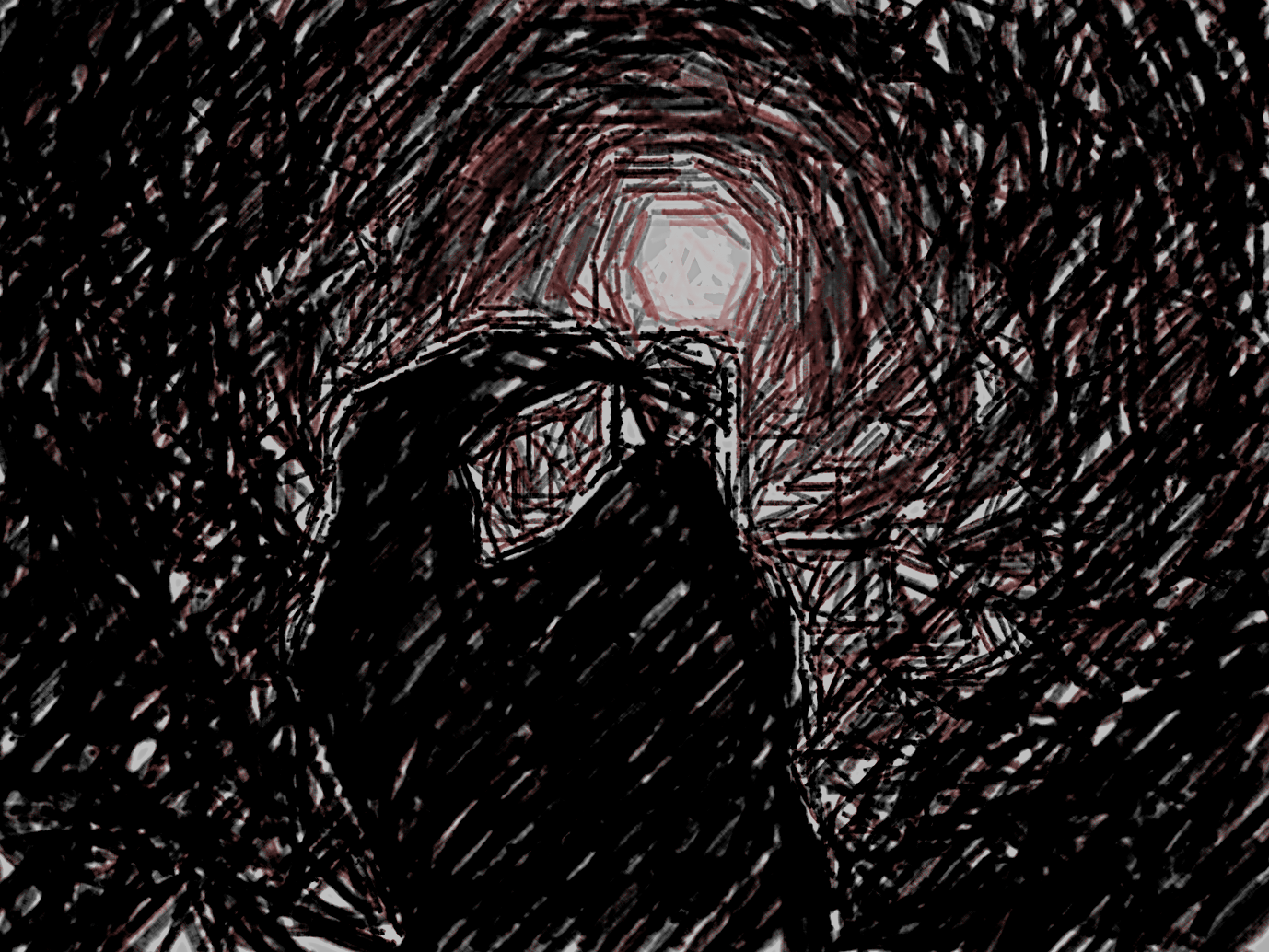
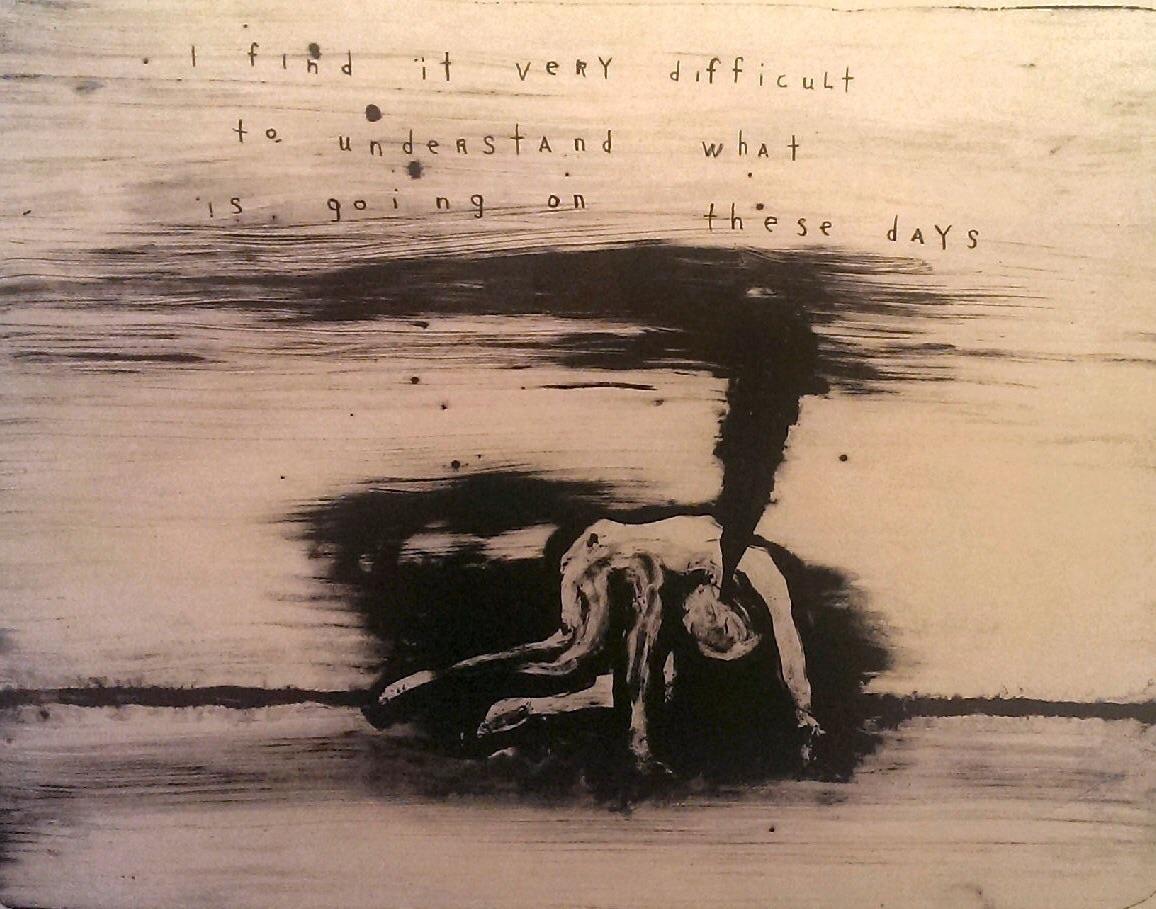
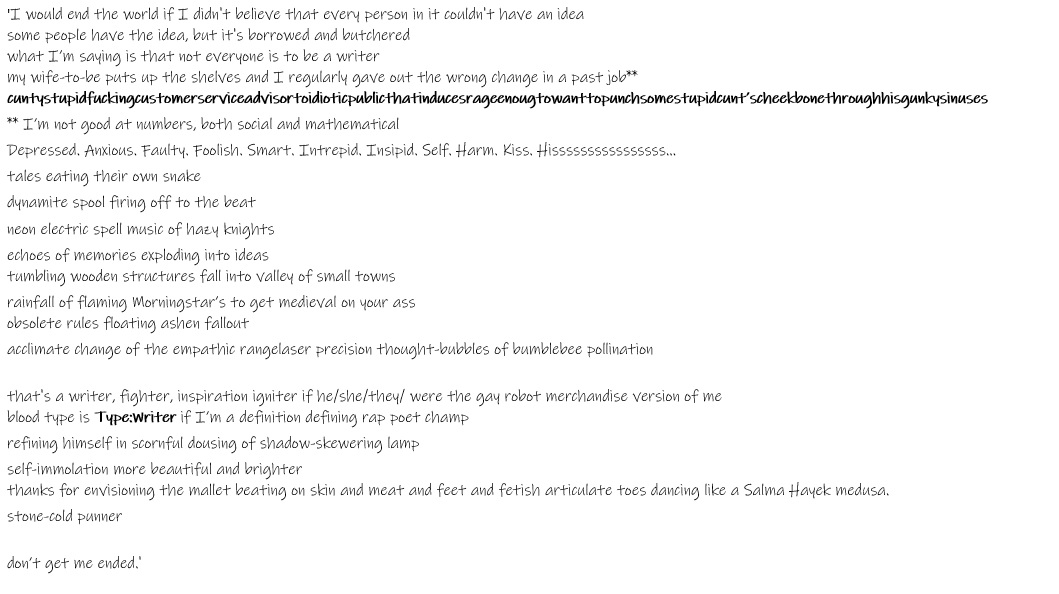
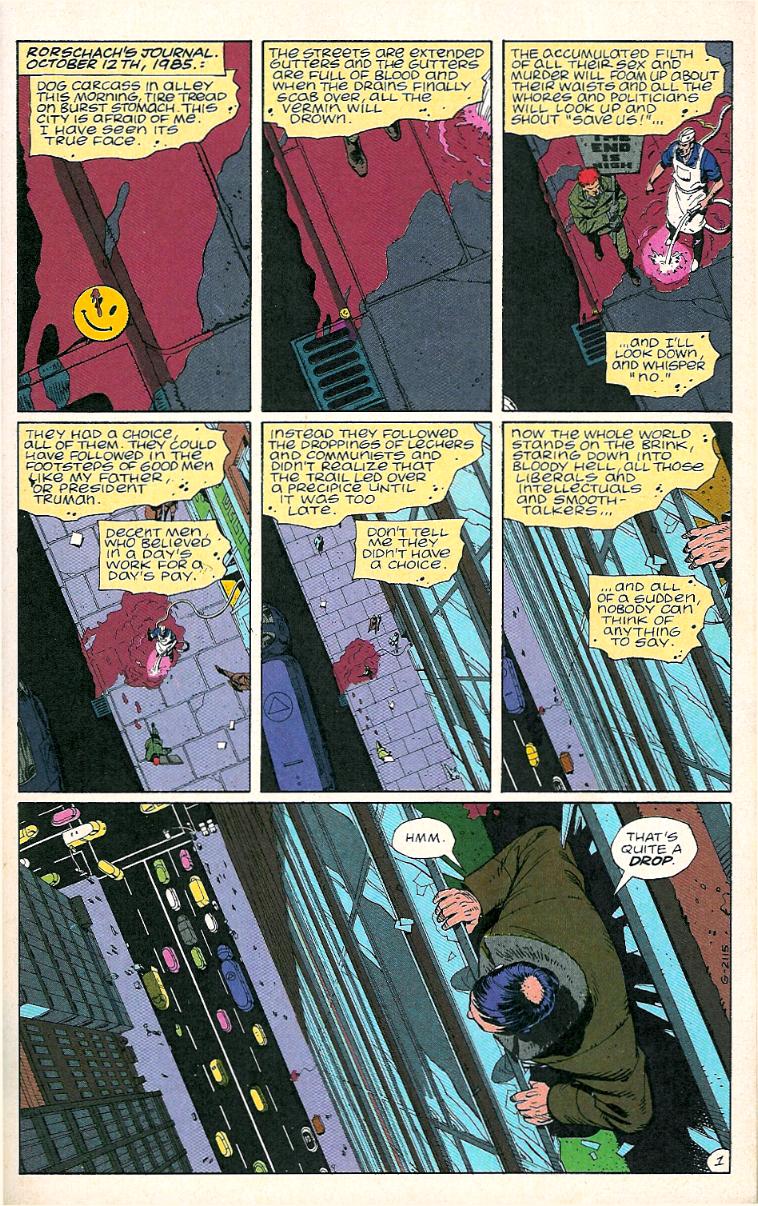




![Geanies ‘Can’t See The Sun’ [EP] album artwork](https://v13.net/wp-content/uploads/geanies_-_cant_see_the_sun.jpg)
